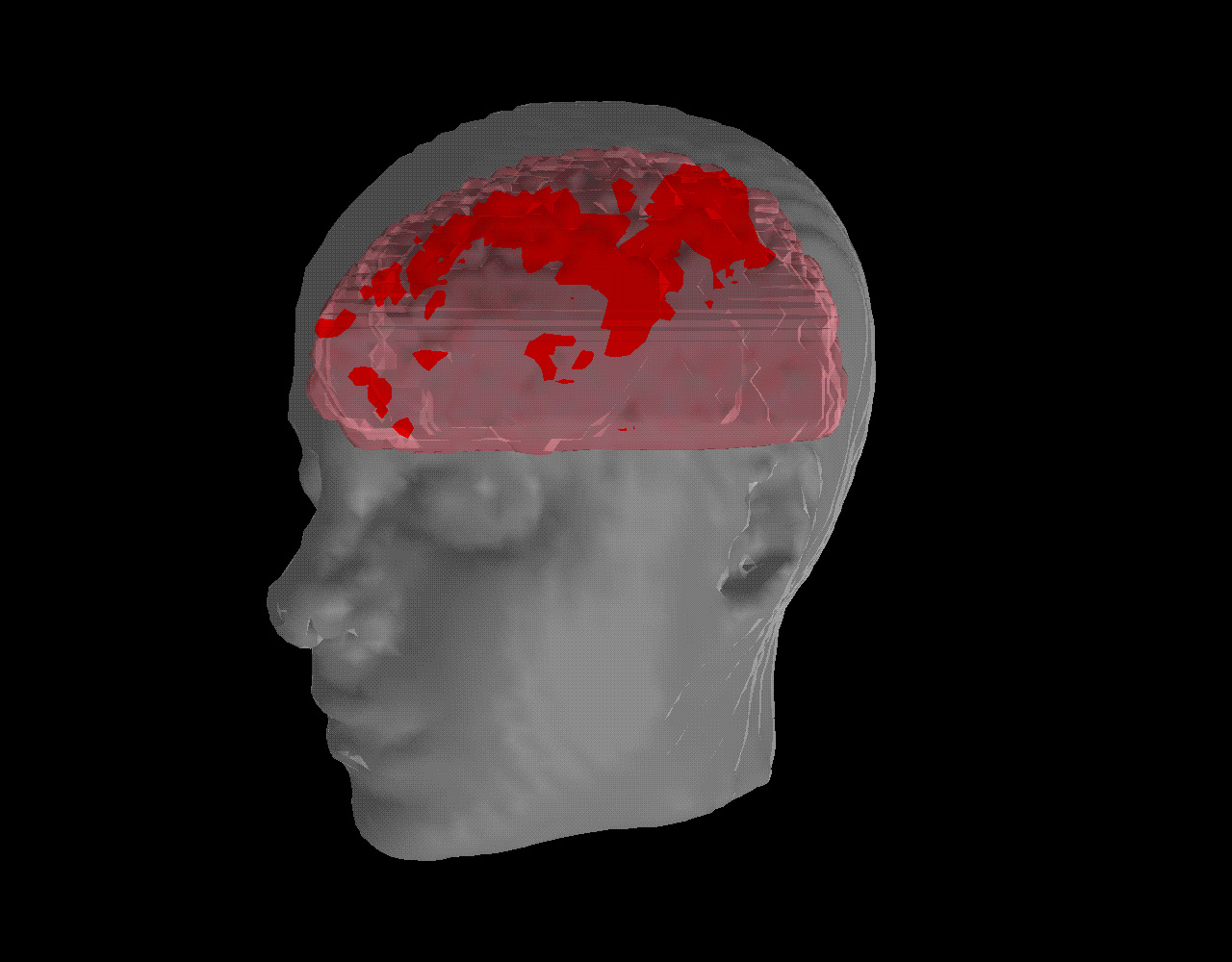
...weights flock together.
This research article is from the Harvard University Gazette.
Obesity runs in families - and friends, too
By Alvin Powell
Harvard News Office
Having overweight family and friends increases the likelihood someone will become overweight, according to a Harvard researcher who examined obesity and social network data from the long-running Framingham Heart Study.
Nicholas Christakis, professor of medical sociology at Harvard Medical School and professor of sociology in the Faculty of Arts and Sciences, said Monday (March 6) that the results are not that unusual given that prior research has documented the influence of social networks on the health of people under a variety of conditions.
Perhaps best known is the “widower effect,” or the increased likelihood of death after the death of a spouse. Research published by Christakis last year showed that a serious illness — particularly a psychiatric illness or dementia — in a spouse can be just as detrimental to one’s health as if the spouse had died.
Additional research has shown other health effects spread through social networks. Treating depression in a parent, for example, can improve the health of their children. Seat belt use by one person can save the life of another by preventing that person from flying around the vehicle in the event of an accident.
Christakis said information collected by the Framingham Heart Study proved a boon to researchers because the study has collected not only health, diet, and exercise data, but also has recorded family ties and, to a more limited extent, friendships. The study began in 1948 and eventually enrolled the children and grandchildren of the original participants, bringing them in every two to four years for a physical examination.
Christakis presented his study at the Malcolm Wiener Center for Social Policy’s Inequality and Social Policy Seminar Series, held at lunchtime in the John F. Kennedy School of Government’s Taubman Center.
Americans have steadily gained weight in recent decades. The percentage of adults aged 20 to 74 who are overweight has increased from 44.8 percent in 1960 to 65.2 percent in 2002. Those who are seriously overweight or obese increased from 13.3 percent to 30.5 percent over the same period, according to figures from the National Center for Health Statistics. Christakis said there have been many changes in society that may account for the rise in obesity, including changes in the food supply, a decrease in exercise, changes in advertising, and the rise of labor-saving technology. Social networks may be an added factor.
Christakis’ study focused on the 5,124 children of the Framingham Heart Study’s original group, enrolled in the study beginning in 1971. When friends and family of those 5,124 were examined, the total number of study participants topped 12,000.
The study examined the prevalence of obesity among the study’s main participants and also in their immediate social networks — family and friends they know directly — and in those once and twice removed from them.
The results show obesity clusters with the highest chances of weight gain among those who mutually describe each other as friends. Same-sex friends had a greater effect on each other than different-sex friends.
“Men are much more influenced by weight gain in men and women influenced by weight gain in women,” Christakis said. “Sibling effects exist and weight gain in same-sex siblings are more important than those in different-sex siblings.”
Lesser but still significant effects are seen between spouses, different-sex friends, and different-sex siblings. Because study participants wrote down who their friends were independently, not all friendship relationships within the study were mutual. This provided a chance to examine the directionality of friendships, Christakis said.
In cases where a person said another was a friend, weight gain in that friend influenced the person. But in cases where a person was named a friend by someone they did not name as a friend, weight gain in the naming person had no effect on the friend, Christakis said.
The study also indicates that social distance, not physical distance, is important. While obesity in friends and family has an effect, the study showed that there was no effect from weight gain by unrelated neighbors. Nor, he said, were there geographic effects such as proximity to fast-food restaurants.
Christakis said he had hoped to uncover simple, clear patterns of obesity rippling from one person to the next, but said the effect is far more complex, more akin to the ripples and interference patterns generated by throwing a handful of stones into a still pond than that of dropping in a single rock.
Christakis said he believes the results illustrate the transmission of changing norms — the acceptability of gaining weight — through social networks, rather than the spread of particular behaviors that have similar results.
The study has implications for our understanding of the obesity epidemic and for policies and interventions to fight obesity, Christakis said. It also raises the possibility of exploiting social networks as another tool in fighting obesity.
“I’m saying that the growth in obesity at the population level over time in part may be due to network effects,” Christakis said. “Part of it is the norm regarding obesity is changing in our society.”


No comments:
Post a Comment